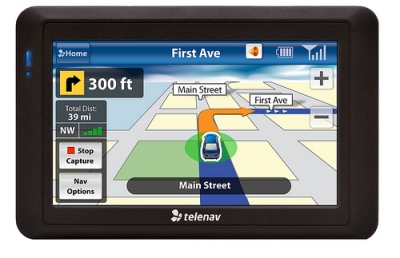The sky is failing; GAO warns GPS satellite program needs funding and leadership


GPS satellites are maintained by the US Air Force, but the Government Accountability Office (GAO) reported in a 7 May 2009 study that lack of funds means that some satellites could start to fail in 2010. There are thirty one active GPS satellites in the system over the Earth and you need four satellites to get a decent fix on your position. I often see six to eight GPS satellites connected at one time on my devices so there is some redundancy that improves positional accuracy. If a few satellites fail, I doubt most consumers will be that affected and we may have to go back to relying more on maps without the GPS real-time positioning. However, the military uses GPS for much more vital functions where accuracy is very important to successful operations.
Replacement GPS satellites were scheduled for launch in 2007, but they have still not been launched. They are scheduled for a November 2009 launch, but we will have to see if continued funding and leadership issues affect this data as well.
A European-funded GPS satellite navigation system, Galileo, is scheduled for launch later in 2010. Russia, India, and China also have satellite navigation systems.
UPDATE: According to an AP story posted on Yahoo! the Air Force issued a response to the GAO report stating that "there is a risk that service could degrade. But he (Lt. Col. Tim Lewallen) said the risk is very small." It sounds like most of the issues are with funding and launching of the next generation of satellites so the Air Force may be able to keep older generation models up and running. It all comes down to funding and priorities that are set by the US government so we will have to see what happens as our current administration focuses on running car companies.